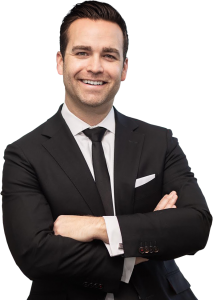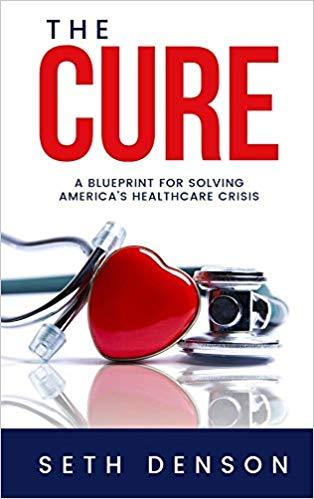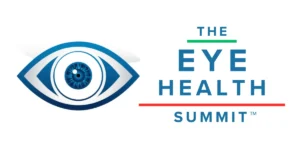 When citizens hear “free,” they think someone else is paying the bill; however, to think this is to have a lack of understanding how health insurance works. Health insurance does not operate like other forms of insurance (Auto, Homeowners, etc). Rather, it’s more like a credit card. We needn’t look further than the last quarter earnings of companies like United Health (who posted a $6.6 billion profit) to understand that health insurance companies don’t lose money.
When citizens hear “free,” they think someone else is paying the bill; however, to think this is to have a lack of understanding how health insurance works. Health insurance does not operate like other forms of insurance (Auto, Homeowners, etc). Rather, it’s more like a credit card. We needn’t look further than the last quarter earnings of companies like United Health (who posted a $6.6 billion profit) to understand that health insurance companies don’t lose money.
• If you cost them something, they will collect it back from you by way of health insurance premium increases.
• Second, most local governments are engaging in private entities for their coronavirus testing. While these private groups may be NOT charging the member at the time services are provided, they are often sending out these tests to labs who are not “in-network.” As a result, members are getting significant balance bills.
• Also, these labs are not just testing for COVID-19. Once a sample is received, they are testing for other conditions, as well, in order to increase the billable to the insurance company. If the insurance company denies these claims, the member will likely get the bill.
• One solution here is “cash.” Cash is still king, especially when it comes to healthcare. By asking the cash price, citizens can often protect themselves from future “balance bills” that were intended to hit the insurance company, but flow to the member when ultimately denied or “applied to the deductible.” The devil is in the details. While it is often difficult to read the fine print, citizens should certainly know the details of who is engaging in the testing process: who is the provider, the lab, their coverage levels, etc.
Seth Denson is the Co-Founder & Chief Strategist at GDP Advisors. In addition to his role at GDP, he is an author, public speaker and a regular commentator for numerous media outlets including Fox News, ABC, CBS, and NBC. He is the author of The Cure: A Blueprint for Solving America’s Healthcare Crisis, a regularly published contributor to a number of print and online publications, and is a highly sought after keynote speaker on topics ranging from business to healthcare to politics and even fatherhood. Originally from Midland, Texas, but with experience in markets throughout the United States, including New York, Dallas/Fort Worth, and San Francisco, Seth blends metropolitan thinking with straightforward West Texas business ethics. He has served as a consultant for companies ranging from Fortune 500 organizations to privately-held organizations and is a founding board member of ParadigmRe, a U.S. based health reinsurance captive.
Listen to Seth and Mark here



